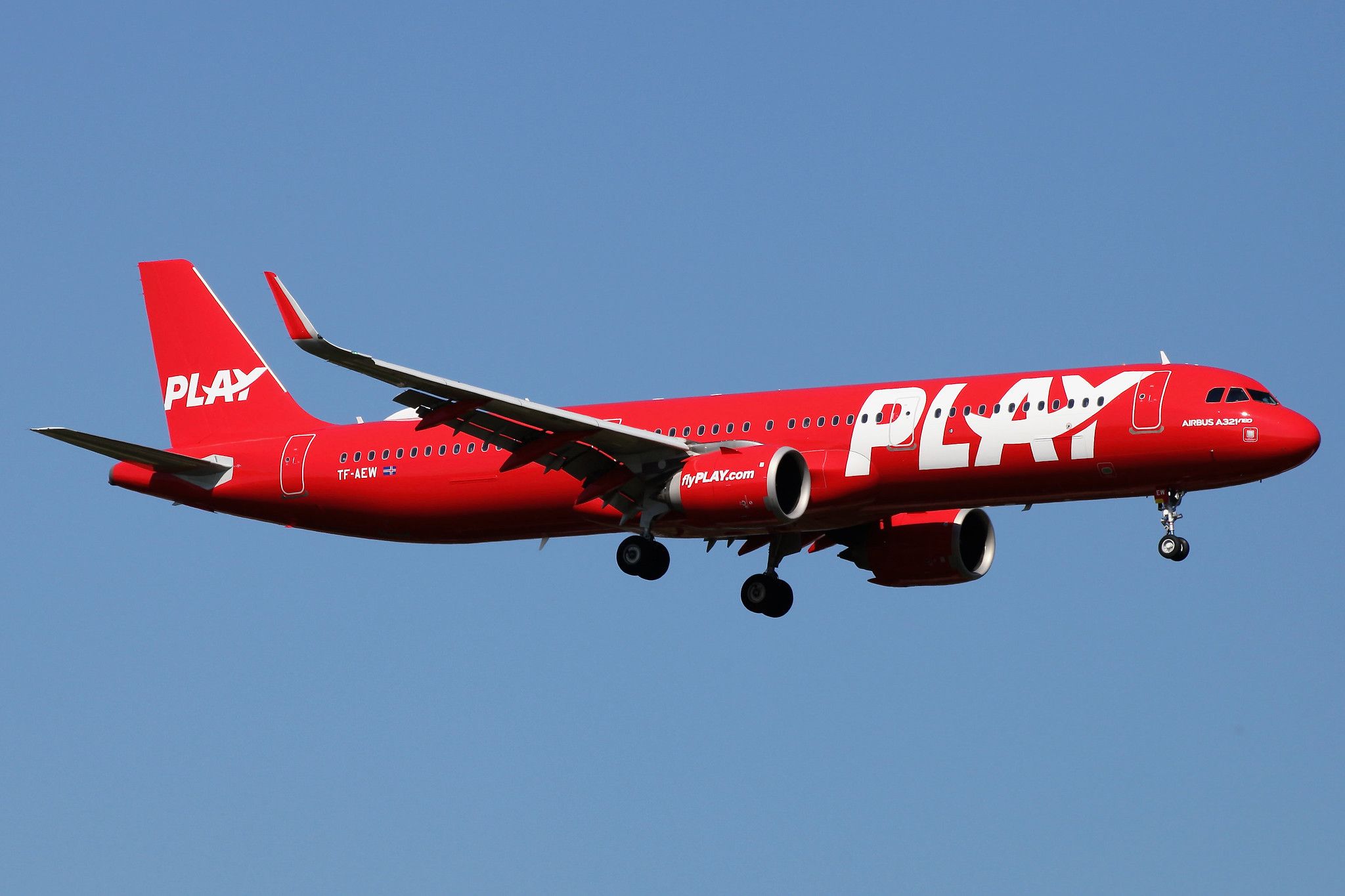Heathrow landing fees aren't *quite* that onerous at $30 or so, and it usually isn't broken out as a separate charge. (for example, if you book award tickets, they normally still charge fees.) it's the departures that are expensive. Specifically, It's the air passenger duty and passenger service charged on outbound trips. The APD at £84 for economy (~110USD) is all but unavoidable on transatlantic flights, given it's charged on final destination, and applied UK wide. the Heathrow passenger service charge is another ~£32, (~45USD) - Gatwick is much more reasonable at £9.Heathrow has incredibly high taxes/fees so a rock bottom fare still ends up costing around $400
Here's a sample breakdown for a United Nonstop roundtrip from Boston to LHR next month, compared to a one way. In short, you're about guaranteed to pay about $250 in tax on a roundtrip, where a one way from BOS to LHR would only have about $30 in US side taxes and fees. And yes, the fare before taxes is identical for one-way and roundtrip. That is too much to unpack here, but this is pretty close to as cheap of a transatlantic crossing as you'll find.
Keep in mind that unlike the US, many prominent major UK and European airports while rate regulated, are actually privately operated, for profit companies. LHR, CDG, FRA, AMS, just to name a few are operated for shareholder returns, not to boost air travel and the local economy. This is one of the *very* few areas where US governments have been less prone to privatization than European ones, where the government actually operates the public good, albeit through nominally independent state owned enterprises / authorities. Think MassPort, PANYNJ, MWAA. They might contract out the passenger experience through terminal operator concessions, but they retain control over the actual airport and airfield operations and the fees charged.
Last edited:





